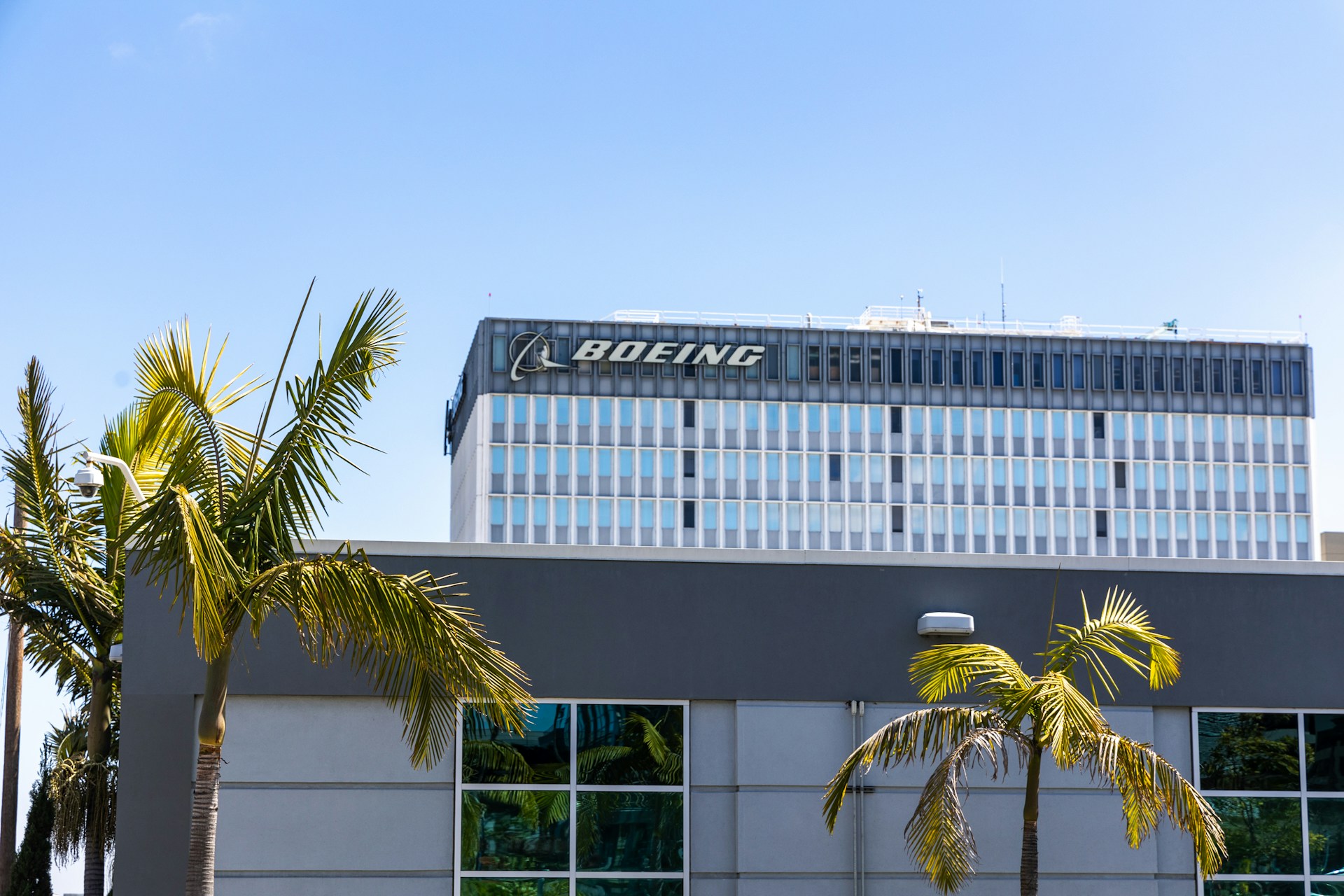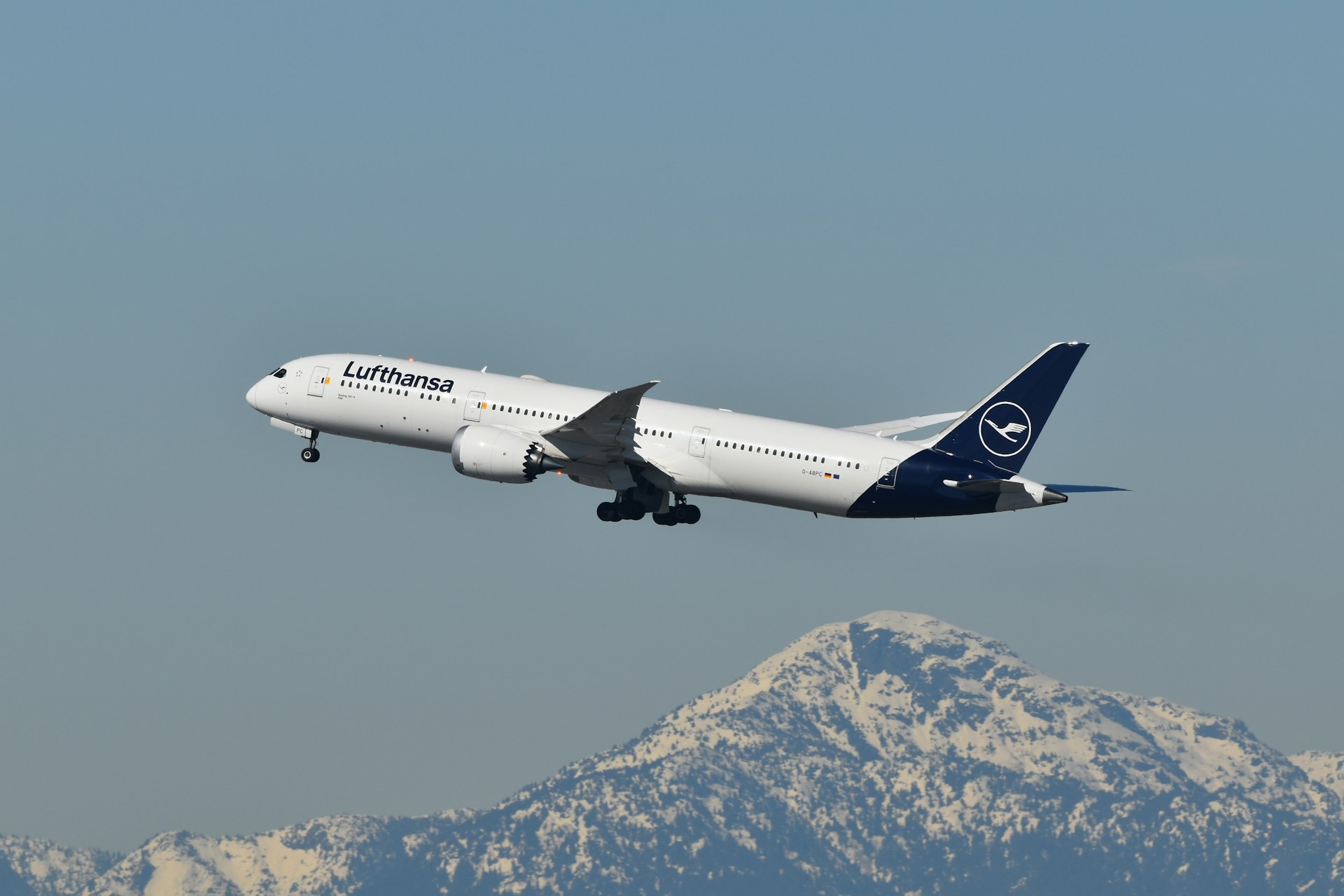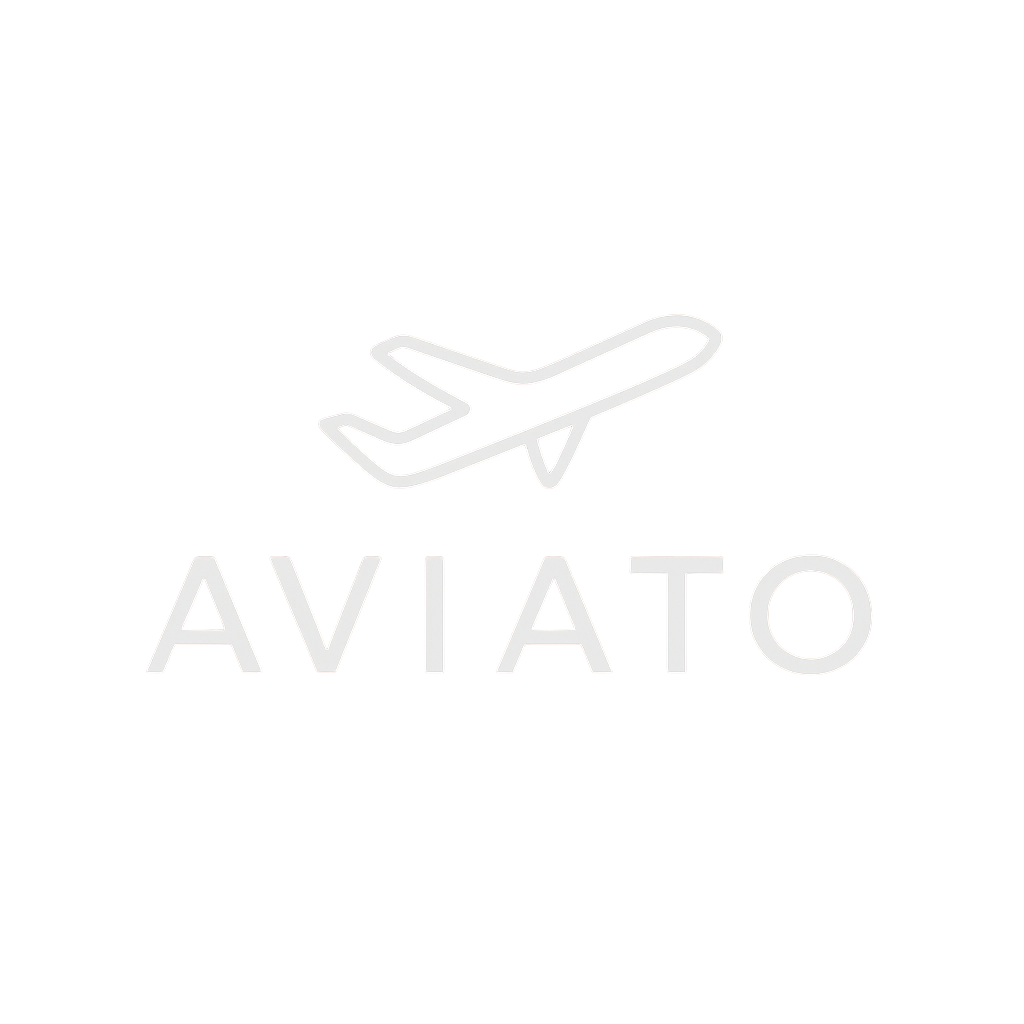Boeing Partners with Palantir to Drive AI Transformation in Defense
Key Takeaways
- Boeing has announced a strategic partnership with Palantir Technologies to integrate artificial intelligence across its defense and space operations.
- Palantir’s AI platform will enhance Boeing’s data analytics, predictive maintenance, supply chain optimization, and mission planning capabilities.
- The collaboration positions Boeing to better compete in a defense market where AI adoption is rapidly becoming essential.
- This reflects a wider aerospace industry trend of traditional manufacturers partnering with tech firms to accelerate digital transformation.
- The move underscores Boeing’s commitment to strengthening operational efficiency, customer readiness, and innovation.
Boeing Embraces AI Transformation
Boeing’s new collaboration with Palantir Technologies represents a decisive step in reshaping its defense and space operations through advanced artificial intelligence integration. By deploying Palantir’s proven AI-driven data analytics systems, Boeing seeks to modernize mission-critical processes, from aircraft maintenance to space program logistics.
The initiative comes as defense contractors face rising pressure from governments worldwide to deliver smarter, more resilient, and cost-effective defense capabilities. For Boeing, the partnership is both a technological leap forward and a competitive necessity.
Enhancing Mission-Critical Defense Systems
Palantir’s platform is expected to support Boeing in several key areas:
- Predictive Maintenance – AI-powered systems will anticipate equipment failures before they occur, reducing downtime for military aircraft.
- Supply Chain Optimization – Advanced data modeling will help Boeing streamline complex defense logistics networks.
- Mission Planning – AI decision-support tools will provide real-time analysis for space and defense operations.
Boeing’s vast defense portfolio—including fighter jets, rotorcraft, satellites, and missile defense systems—stands to benefit significantly from these innovations.
Strategic Implications for the Defense Industry
AI has become a competitive differentiator in the global defense market. Boeing’s major rivals, including Lockheed Martin and Northrop Grumman, have already invested heavily in AI solutions, making Boeing’s move strategically essential.
The partnership illustrates a broader trend: instead of developing all digital capabilities internally, aerospace giants are increasingly turning to specialized technology firms. This approach accelerates deployment while allowing companies like Boeing to focus on their core strengths in aerospace engineering and systems integration.
Future Outlook and Broader Impacts
While the partnership initially targets Boeing’s defense and space programs, successful adoption could expand into commercial aviation. AI-driven maintenance, operational analytics, and production efficiency gains could benefit Boeing’s commercial aircraft division in the future.
Industry analysts suggest the Boeing-Palantir collaboration could set a precedent for AI adoption across aerospace and defense, encouraging more partnerships between traditional manufacturers and Silicon Valley innovators.
FAQs
What will Palantir provide to Boeing?
Palantir will supply AI analytics, machine learning models, and decision-support systems to enhance Boeing’s defense and space operations.
How could this impact Boeing’s defense contracts?
Improved efficiency, reliability, and readiness could strengthen Boeing’s performance on existing and future defense contracts, making it more competitive globally.
Will this AI integration expand beyond defense?
Yes, if initial applications succeed, Boeing may extend AI use to its commercial aviation business for fleet maintenance, airline support, and manufacturing.
Why is this partnership significant for Boeing?
It positions Boeing as a serious player in the evolving AI-driven defense technology landscape, ensuring it remains competitive with rivals that have already adopted similar innovations.
When will results be visible?
Initial use cases—such as predictive maintenance—could show measurable results within 6–18 months, with broader transformation expected over several years.
✈️ Bottom Line: Boeing’s partnership with Palantir signals a bold push into AI-driven defense technology, reinforcing its ability to meet modern military demands while keeping pace with global competitors.
.zip%20-%201.PNG)



